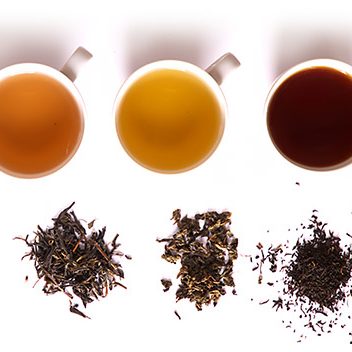Caffeine is a drug. A very useful drug in fact, under specific conditions. How about using it to your advantage in an Endurance Race? It's not such a bad thing when you use it this way...
Caffeine is something most of us are addicted to, whether we admit to it or not. The aroma of a freshly brewed coffee can make people's spirits lift immediately. But aside from the daily grind (pardon the pun) or the daily addiction to get you through the day, lets take a look at how to use Caffeine to your advantage under Endurance conditions.
What does Caffeine do?
- Nervous system stimulant - In endurance, this is a positive. It keeps you awake, alert and active.
- Diuretic - In endurance, this is a negative. It dehydrates you by making you pass urine more frequently.
- Help in cases of "Hitting the wall"....we'll discuss this in a minute.
How much Caffeine?
Caffeine has a 6 hr cycle in the body. Therefore you should be taking 3-6mg of caffeine/kg bodyweight every 6 hrs.
eg. for a 60kg person a minimum of 180mg caffeine every 6 hours
for an 80kg person, a minimum of 240mg caffeine every 6 hours
Be aware of how you're feeling at the 3 hour mark. It has a half-life of 3 hrs before the cycle needs topping up, slowly and surely. Remember Caffeine is a diuretic and can make you dehydrate faster in an endurance event, so ensure you're fluid intake is prescriptive. Don't know what your fluid intake should be? Read this blogpost.
Or if you're not doing an endurance event, but just interested in how to stay hydrated? Read this blogpost.
How much Caffeine is in...
Tea (green, black, white) = 30-100mg caffeine
Instant coffee 150ml cup = 60-100mg caffeine
Espresso 150ml cup = 40-90mg caffeine
Drip Percolated 150ml cup = 100-150mg caffeine
1 cup cafe purchased coffee (Regular av. 370ml)= 95-200mg caffeine
1 energy drink = 80-300mg caffeine
Does Decaf work?
Decaf only has 3mg of caffeine. Even if you don't normally drink coffee, the situation of endurance racing is outside of the normal day to day.
Is there an alternative to coffee?
Test out in training by taking No-Doz. Each tablet is 100mg (equivalent to a cup of coffee).
Try taking 300mg and wait for 6hrs. See what happens and how you feel. Adjust your dosage accordingly.
A necessary evil?
Caffeine can be a useful drug to get you moving especially if you have hit the wall. I can attest to that, as it has happened to me. A Red Bull drink was all I had and it got me going again when I felt terrible and completely exhausted.
- "Hitting the wall" is when you have used your glycogen stores up = pain & exhaustion
- Rely on 'pure' caffeine such as coffee or No-doz for during the hike rather than Red bulls and Mothers and V's.
- If you recognise "Hitting the wall" in one of your team mates, energy drinks could be useful then and only then. Keeping morale high and ensuring nutrition and fluids are timed will prevent "hitting the wall".
ABC Health says about Caffeine in Endurance situations:
"Caffeine has been used in sports supplements to combat fatigue. Research has shown that it is effective in delaying the time it takes to become exhausted after strenuous exercise. Studies have shown an increase in endurance while running and cycling after even a moderate intake of caffeine.
Caffeine is also a diuretic, so it could negatively impact performance by increasing the rate of dehydration. The International Olympic Committee has banned caffeine levels of the equivalent of four strong cups per day."
For professional advice about applying caffeine during your Endurance Training or event, speak to our Functional Nutritionist, Linda Funnell-Milner. You can book online with her or speak to her directly by calling 9938 1090 today.
[btnsx id="429"]
References: Choice Australia - Caffeine Intake


